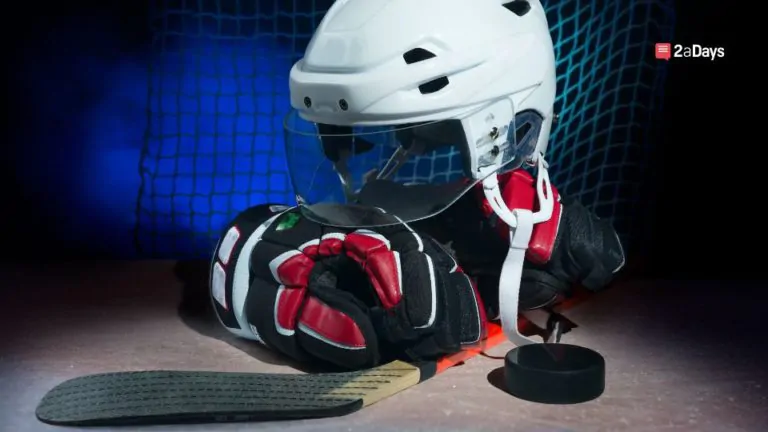College sports are a significant part of the collegiate experience for many students. For college athletes, the end of the season or graduation can bring significant changes and uncertainties. These transitions can include the season ending, injuries, transfers, and so on. Transitions in college sports can be particularly challenging for athletes because they often involve significant changes to their routine and identity–they may struggle with the loss of structure, camaraderie, and purpose that came with their sport. They may also face uncertainties related to their future career path or post-graduation plans.
Navigating transitions in college sports can be challenging, but there are strategies and resources that athletes can use to manage the challenges of change and uncertainty. Here are seven ways you can adapt when life throws you a curveball or good things come to an end.
1. Recognize the Challenges of Transitions
Transitions can be difficult, and it is important to recognize and acknowledge the challenges that come with change and uncertainty. Athletes may experience a loss of identity or purpose, uncertainty about their future, and stress related to changes in routine and social support systems. By recognizing these challenges first, athletes can begin to develop strategies to manage them.
2. Seek Support from Coaches and Staff
Coaches and staff members are an essential source of support for athletes during transitions. They can provide guidance, encouragement, and resources to help student-athletes navigate changes and uncertainties. College athletes should seek out opportunities to talk with coaches and staff members about their concerns and questions.
Related: Stressed Out? How to Talk to Your Coach About Mental Health
3. Develop a Plan and Set Goals
Developing a plan and setting goals can help athletes navigate transitions. Plans and goals provide structure and direction, and they can help student-athletes stay motivated and focused during times of change and uncertainty. Plans and goals should be specific, measurable, achievable, relevant, and time-bound.
4. Stay Connected with Teammates and Friends
Teammates and friends can be a source of support and encouragement during transitions so athletes should stay connected with those close to them and seek out opportunities to engage in social activities and events. Staying connected with others can help reduce feelings of isolation and loneliness and it's important to have fun even when things look uncertain.
Related: Lonely? 3 Tips to Help Busy College Athletes Make Friends
5. Take Care of Your Physical and Mental Health
Transitions can be stressful, and it is essential to take care of physical and mental health. Exercise, healthy eating, and adequate sleep can help athletes manage stress and stay healthy. Athletes should also seek out resources for mental health, such as counseling or support groups.
6. Embrace the Opportunities and Possibilities
Transitions can be an opportunity for growth and development–so embrace the opportunities and possibilities that come with change and uncertainty! They can explore new interests, hobbies, and activities, or pursue new academic or career goals.
7. Seek Out Resources and Support Services
Colleges and universities offer a range of resources and support services for college athletes, so seek out these resources and services, such as academic advising, career counseling, and wellness programs. These resources can help athletes cope with transitions and prepare for their future.
Related: Life After College Sports: 5 Things To Look Forward To As a College Athlete
Navigating transitions in college sports can be challenging, but there are strategies and resources that student-athletes can use to manage the challenges of change and uncertainty. By recognizing the challenges, seeking support, developing a plan, staying connected with others, taking care of physical and mental health, embracing opportunities, and seeking out resources and support services, college athletes can successfully handle transitions and prepare for their future.
Have an idea for a story or a question you need answered? Email us at [email protected].
* Originally published on May 9, 2023, by Kelly Wick







